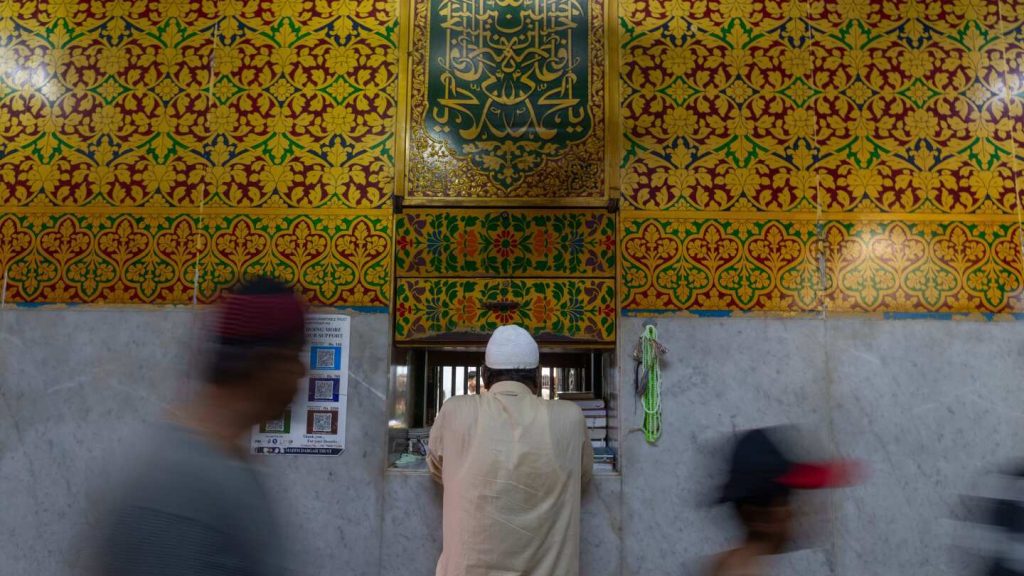SRINAGAR, India (AP) — In the early hours of Thursday, India’s parliament approved a contentious bill proposed by Prime Minister Narendra Modi’s Hindu nationalist administration, aimed at revising regulations surrounding Muslim land endowments.
The legislation proposes to include non-Muslims on the governing boards of waqf land endowments, thus expanding the government’s role in verifying land ownership. The government contends that these amendments would combat corruption and improve management, while critics warn it could diminish the rights of India’s Muslim minority and be exploited to seize historic mosques and properties.
Debate in the Lower House of Parliament was intense, with opposition led by Congress vociferously opposing the bill, denouncing it as unconstitutional and targeting Muslims disproportionately. Although Modi’s Bharatiya Janata Party (BJP) does not hold a majority in the Lower House, it garnered support from allies to push the bill through.
The prolonged discussion culminated in a vote, resulting in 288 members in support and 232 against early Thursday morning. The bill now awaits approval from the Upper House before it is presented to President Droupadi Murmu for enactment.
Minority Affairs Minister Kiren Rijiju introduced the bill to modify a 1995 statute governing the foundations and the establishment of state-level boards for their management. Both Muslim organizations and opposition factions have decried the measure as discriminatory, politically inclined, and a tactic to curtail minority rights.
Waqf Overview
Waqfs serve as traditional Islamic charitable foundations where a donor designates property—often real estate—for religious or charitable causes. In India, waqfs hold control over 872,000 properties spanning 405,000 hectares (1 million acres) with an estimated value of $14.22 billion, many of which support mosques, educational institutions, graveyards, and orphanages.
Implications of the New Law
Under the current framework, waqf properties are overseen by semi-official boards at both state and federally governed union territories, with new rules mandating the inclusion of non-Muslims. Presently, only Muslims occupy these boards, similar to those managing other religious charities.
Despite the Home Minister Amit Shah’s assurance that the inclusion of non-Muslims on waqf boards would focus solely on administrative roles without infringing on religious authority, many remain skeptical. Critics assert that this could diminish Muslim rights to land and, in some instances, lead to the removal of properties from their rightful owners. As the law necessitates waqf boards to verify their claims to land with a district officer’s approval, this raises concerns regarding the implications for historical mosques and other religious landmarks.
As many Muslims acknowledge the corruption and mismanagement within the waqf system, they voice apprehension concerning the broader governmental control over their properties under a Hindu nationalist regime, especially in light of increasing hostility towards minority communities.
Lastly, the U.S. Commission on International Religious Freedom recently indicated a worsening state of religious freedom in India, attributing the rise of hateful rhetoric against Muslims and other religious minorities to Modi and his party during the preceding election. In contrast, the government maintains its commitment to democratic principles, asserting no discrimination exists within the nation.



